
How Do I Help a Loved One With ADHD?

The symptoms of Attention Deficit Hyperactivity Disorder (ADHD) can be tough to manage. They range from finding it difficult to concentrate on chores or conversations to feeling restless and acting impulsively. According to a study published in the Nordic Journal of Psychiatry, 14.9 percent of primary school children from the United Arab Emirates (UAE) displayed the symptoms of ADHD. Estimates further suggest anywhere from 2.5 percent to 4 percent of adults live with this condition. That said, ADHD often goes undiagnosed, especially in adults. So it could be even more common than existing research indicates.
Symptoms of ADHD often include:
- Difficulty concentrating
- A tendency to get distracted easily
- Trouble completing important tasks on time
- Getting so absorbed in something that the rest of the world fades away
- Difficulty staying organised or motivated
- Quick changes in mood
- Impulsive behaviour
- Absentmindedness or forgetfulness
- Fatigue and other sleep problems
Here are four ways to offer healthy support to your loved ones with ADHD -
1. Get the Topic on the Table
Those suffering from ADHD need to understand their brains are wired a little bit differently from other folks. Understanding the symptoms and skills required to work around this disability not only helps them get on board with learning skills, but also take medication. Having healthy conversations about ADHD will help them understand why they have trouble focusing or sitting still — this will counter the risk of viewing themselves in an inferior light. Your support might encourage them to reach out to a mental health professional or primary care physician, but keep in mind it’s ultimately their choice.
2. Avoid Being Overprotective
Their symptoms may put you in the position of always picking up after them or stepping in to finish tasks for them to protect them. Try to become aware of your tendency to do this and resist the temptation. Remember your taking over can be very demotivating for them. Instead try offering encouragement instead of lecturing, criticising or doing everything yourself to get it done properly.
3.Acknowledge the Positives
People with ADHD have a lot of self-doubt and low self-esteem and they're typically embarrassed or ashamed of their symptoms. For this reason, it can be beneficial if those around them offer positive feedback and encouragement to help boost their sense of self-worth. For example, some individuals with ADHD are extremely creative. So, the next time your loved one is feeling down or blaming themselves for something, you could tell them how much you enjoyed a story or piece of art they recently wrote. Focus on their strengths - highlight them!
4. Develop a Routine
Just because they cannot focus and are frequently disorganised does not mean that someone with ADHD cannot follow a plan. They will benefit from the added structure, so consider helping them to plan and schedule things they need to get done on a daily basis and perhaps check-in with them on the progress at the end of the day or week.
Treatment can help improve ADHD symptoms, but it won’t cure them completely. ADHD will likely remain part of your relationship, but it doesn’t have to be a negative thing. Follow the aforementioned tips and help your loved one ADHD not as a lifelong handicap but an asset to appreciate and build upon.
Articles
Build your awareness and get inspired with our researched articles on how you can strengthen your well-being
Popular Topics
An OTP has been sent to the email address
provided.
Please check your Inbox and Spam folders.

What Would You Like to Speak with a Specialist About?
Mental Fitness Journey starts Now!
Chearful Connects you with Top-tier Qualified Wellness specialists for the Price of a cup of Coffee!

Next Steps
- A Client Team member will reach out to you to schedule a session with the most suitable specialist.
- You will receive an email with a 10% Discount Code* for your 1st session.
- We invite you to Explore the Platform & Sign Up today! *Upto a maximum of $10 discount on a session purchased




 1460 Read
1460 Read





.jpg)






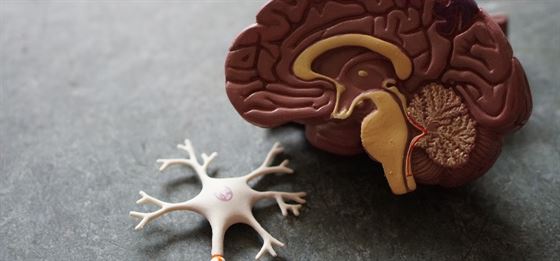
.png)
.png)

.jpg)

.jpg)




.jpg)






















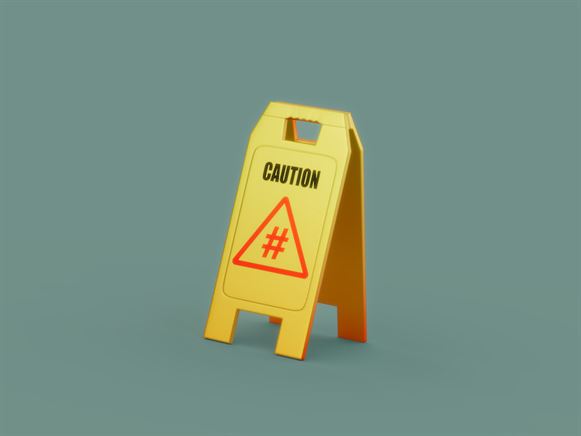

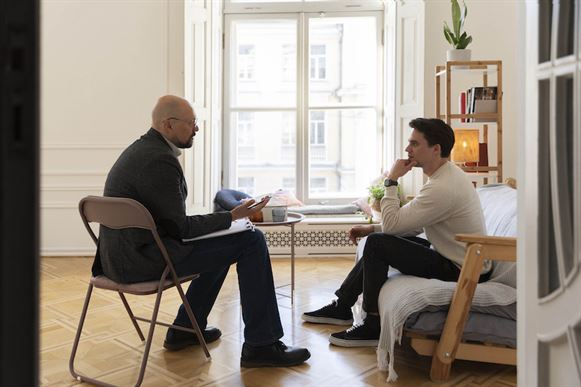

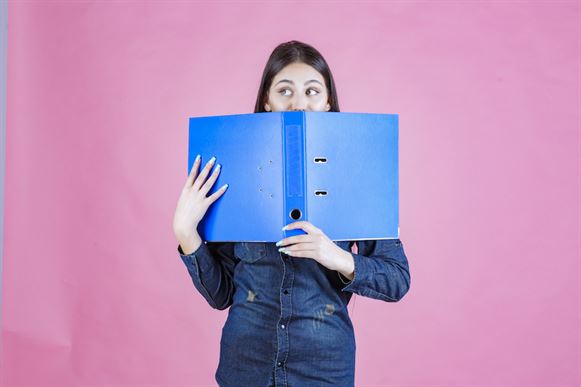







.jpg)

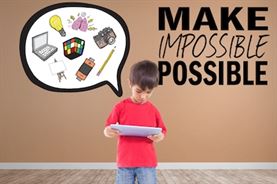
.jpg)
.jpg)











































